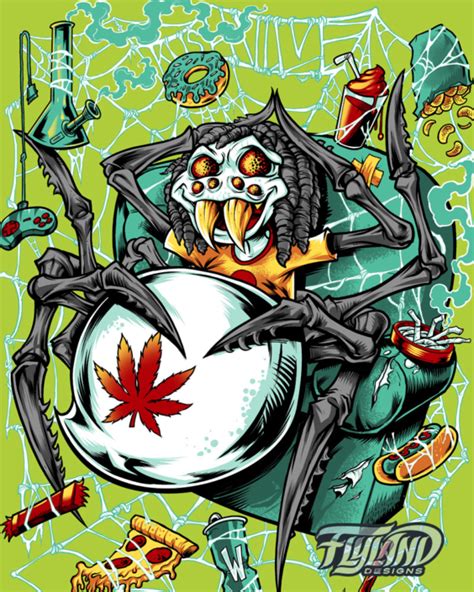A Quote by Stephen Hawking
Then we shall... be able to take part in the discussion of the question of why it is that we and the universe exist. If we find the answer to that, it would be the ultimate triumph of human reason - for then we would know the mind of God.
Related Quotes
To be a scientist you have to be willing to live with uncertainty for a long time. Research scientists begin with a question and they take a decade or two to find an answer. Then the answer they get may not even answer the question they thought it would. You have to have a supple enough mind to be open to the possibility that the answer sometimes precedes the question itself.
I once thought that if I could ask God one question, I would ask how the universe began, because once I knew that, all the rest is simply equations. But as I got older I became less concerned with how the universe began. Rather, I would want to know why he started the universe. For once I knew that answer, then I would know the purpose of my own life.
In other philosophies, my questions would get answered to some degree, but then I would have a follow-up question and there would be no answer. The logic would dead-end. In Scientology you can find answers for anything you could ever think to ask. These are not pushed off on you as, 'This is the answer, you have to believe in it.' In Scientology you discover for yourself what is true for you.
About the only question that we would say and this is a big one in our lives that we would say you don't just use pure reason to decide the answer to is anything that affects your happiness, because then gut and reason answer very different questions. So gut tells you "How do I feel about this right now?"
There's stuff going on in the world right now, which you can't imagine why is this happening; it's crazy. I don't know what the answer is, but if you didn't have faith in the universe that somehow something great would arrive at the end, then we'd all give up, and that would be a waste of everyone's time.
The question is absurd: when you ask, 'If God is both all good and all powerful, why then does He allow suffering?', what you are really asking is, 'If God is both all good and all powerful, why then can He not make me (the questioner) - who is just as much a part of a universe in which there is suffering as is any other part - be at the same time the exact same questioner, but one who is now part and parcel of a universe in which there is no suffering?' Which, reduced down, is the same thing as asking, 'Why can there not be, at the same time, X and the preclusion of X?'
I would show my jobs to my mother, and she would always say the same thing: "That's nice dear". And then she would say: "Did you write it or did you do the drawing?" or "Did you take the pictures?" I'd always answer "no", then I realized the problem. My answer was then, "I made this happen". It's called design.
Walter Plinge said: "You know she asked me a very silly question Mrs Ogg! It was a silly question any fool knows the answer!" "Oh, yes," said Nanny. "About houses on fire, I expect..." "Yes! What would I take out of our house if it was on fire!" "I expect you were a good boy and said you'd take your mum," said Nanny. "No! My mum would take herself!" "What would you take out then, Walter?" Nanny said. "The fire!
Question four: What book would you give to every child? Answer: I wouldn't give them a book. Books are part of the problem: this strange belief that a tree has nothing to say until it is murdered, its flesh pulped, and then (human) people stain this flesh with words. I would take children outside and put them face to face with chipmunks, dragonflies, tadpoles, hummingbirds, stones, rivers, trees, crawdads. That said, if you're going to force me to give them a book, it would be The Wind In The Willows, which I hope would remind them to go outside.
If God were to exist for the entire humanity, he would be profoundly vile, as he allows the existence of unfathomable sin, stupidity, madness, and misery for no reason than his own despicable enjoyment. God exists though, not for all humanity, but for a one chosen man - a philosopher - who is bound to answer the greatest philosophical question, the question about the nature of the questioner's existence, which progressively quenches the divine vanity.


































